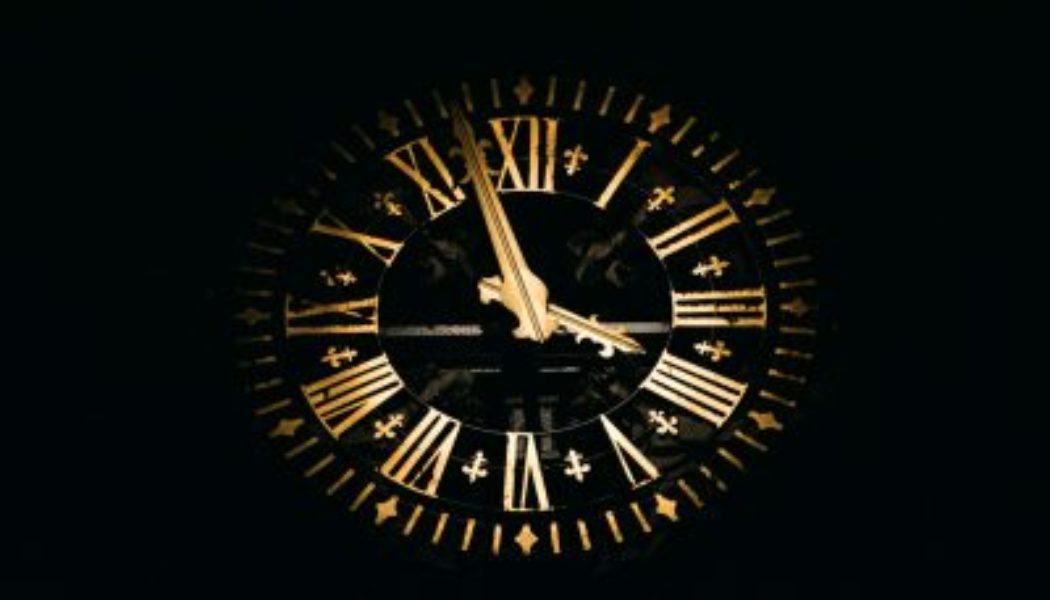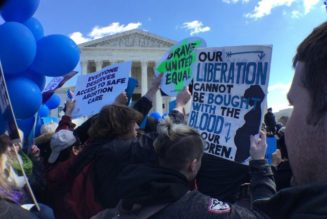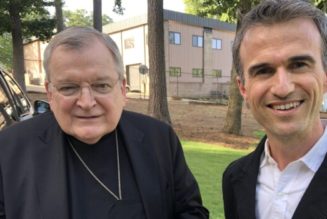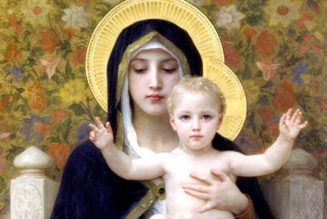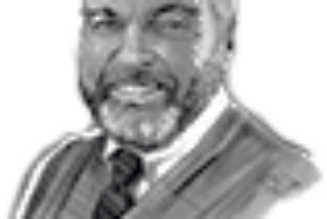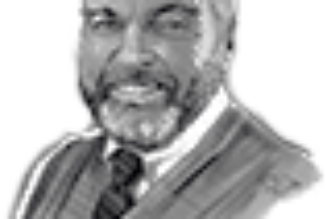There are important analogies between a father in a family and a ruler in a nation. This is perhaps especially clear in the consequences of their failure. Aquinas writes that “royal dignity is rendered hateful to many people on account of the wickedness of tyrants.” This provides a key angle into how we think about fatherhood.
Apart from philosophical considerations on kingship itself, the common estimation of kings suffered mightily from tyrants—those great abusers of the royal office. This makes sense. We tend to judge the office by the actions of those in it. Aquinas’s words then might be amended to address something a little closer to home: “paternal dignity is rendered hateful to many on account of the failure of fathers.” This is perhaps obvious, but I think it worth our rumination.
The point is not to throw fathers under the bus. Rather, we have occasion here to see something about the ‘office,’ the men in it, and the rest of us too. Fatherhood is both astoundingly demanding and consequential. This is natural. When a man becomes a father he is necessarily in the hot seat. This is a feature of ‘the way things are’ in human life. An important thing to notice is that nothing we do can change this. It is simply a given.
Consider: the father who chooses (as opposed to simply having the feeling!), ‘Wow, I just gotta get out of this; I’m in over my head,’ will thereby be a dramatic failure. There is no opt-out option. And further, to the extent any father is selfish, lacks discipline or self-knowledge, or falls short in any significant way in moral character, to that extent he is hindered from exercising well the role others so need him to play.
One can wonder whether this is a design flaw. Are we all set up for failure? The prevalence of father-wounds, and a resulting negativity about fatherhood itself, can suggest this.
But what if there is a deeper aspect of the natural plan? What if while in no way calling for inadequate fathers, the plan can in a sense ‘accommodate’ their falling short. This would in no way let them off the hook, as though their failure is acceptable. But perhaps the possibility of mercy and reconciliation is somehow built in. As painful as this might be, experience shows that reconciliation in our relationships can have a transcendent beauty and even healing power. This too is an aspect of human fatherhood.
Yet what about the instances where reconciliation appears unattainable, and the hurt beyond healing? This is not the place for pious platitudes or glib assurances that all will be OK.
But I will make bold to offer this thought: perhaps even here, indeed especially here, the fuller drama of human life comes into focus. There is always much at stake. And failures have consequences. We must honestly ask whether the failures of fathers imply a condemnation of fatherhood itself, or rather highlight just how demanding is the plan, and how rich the relationships we need.
And there is something further our failures and suffering prompt us to ask: what if human fatherhood is but a manifestation of a deeper fatherhood? A fatherhood that always and everywhere is there, and dependable, and encompasses us. As a father does. Could it be that both our successes and failures give occasion for that fatherhood to shine through, in its astounding glory. ~ ~ ~
Join us in thinking about fatherhood, and the callings of all the rest of us: Become a LifeCraft Member. And join us in person October 7 to reflect on authority, discipline and the cultivation of virtue at our LifeCraft Day at the Barn in the Shenandoah Valley.
One of our more popular Videos:
“He had no ‘time of his own’ (except in his bed-cell), and yet he was becoming master of his time; he began to know just what he could do with it.” J.R.R. Tolkien, Leaf by Niggle Many of the greatest traps of our day appear in the guise of simple math. One of them…
Once after giving a lecture on friendship I was told I was undermining the hearers ability to have relationships with diverse people. Clarity on this issue is crucial. What had I asserted in my lecture? Aristotle’s principle: deep friendship requires unity of…
Husband, father, and professor of Philosophy. LifeCraft springs from one conviction: there is an ancient wisdom about how to live the good life in our homes, with our families; and it is worth our time to hearken to it. Let’s rediscover it together. Learn more.
